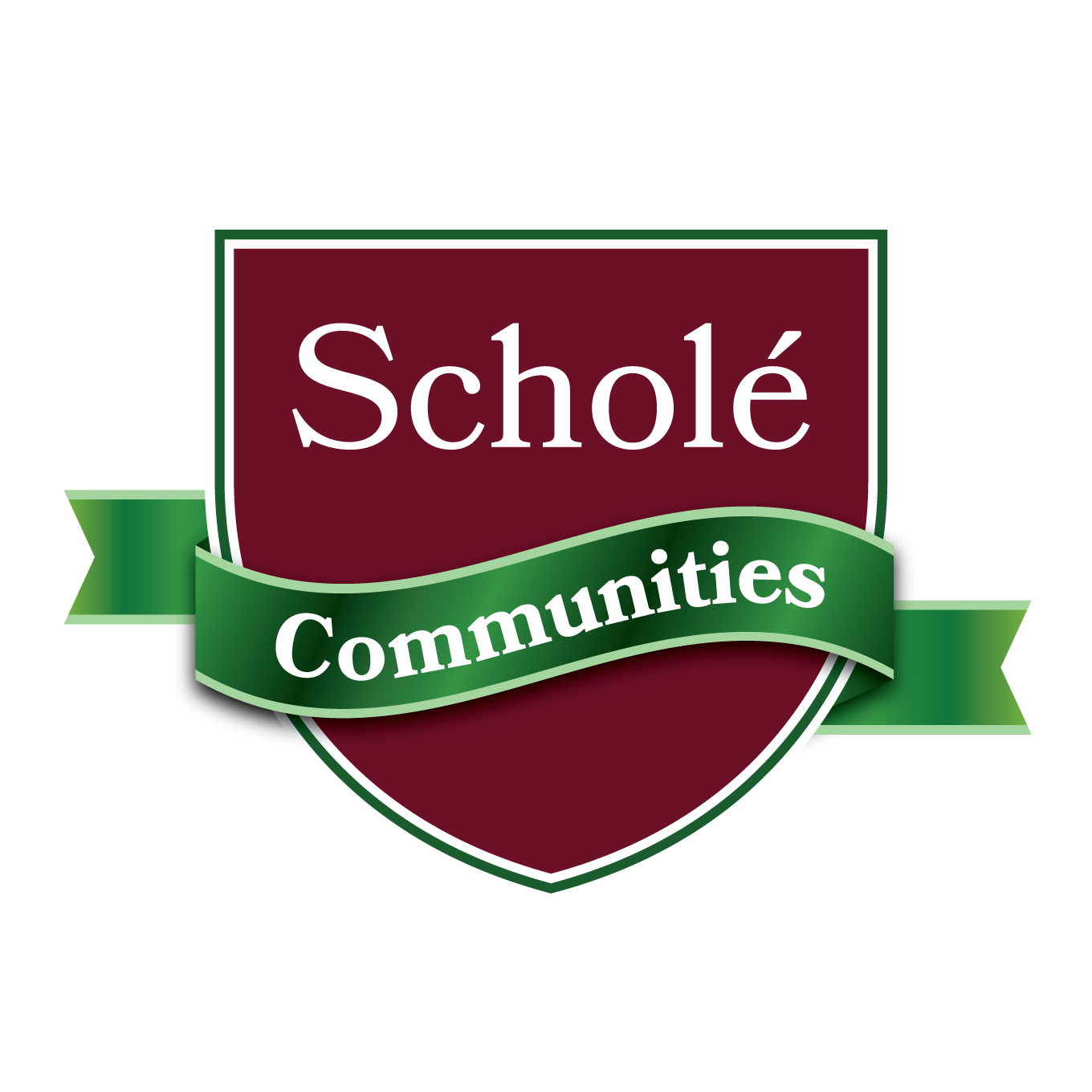Reposted from Inside Classical Education blog
Objection: Studying classical subjects like Latin are waste of time in this cultural moment.
The amount of important information we should know and that would be valuable to know has expanded enormously in the last 100 years. Science and technology have advanced remarkably giving us tremendous tools to improve our lives and work. Many jobs require significant technological skill and specialized training. How will Latin help?
We don’t deny that students should study science, math and technology. Science and math, are after all, liberal arts. And a technology like the computer (with its associated technologies) is an indispensable tool for studying the liberal arts and thousand other things. Latin is its own particular case. There are many compelling reasons for studying Latin today and we recommend it. However, one can receive a classical education without studying Latin. The liberal arts require the studying of the verbal arts (grammar, logic and rhetoric) but do not require the study of one particular language. Five hundred years ago virtually every subject was taught in Latin and every book published in Latin. Now we teach in English and study other tongues along side. Studying a language along side your mother tongue is necessary to understand grammar with expertise, and Latin is a logical choice for grammatical training for nations that have emerged from the west.
The arts, as arts, don’t require Latin. They require language. In the United States, however, we can make a compelling case for why students should study Latin or Greek along with English. Latin is the grandmother to English our mother and greatly enhances our vocabulary and our insight into how English works. Latin gave birth to the most languages of our western heritage (French, Spanish, Italian, Portuguese, Romanian). Latin gives us clear eyes to see and comprehend the literature, art and history of our heritage. The reasons for studying Latin are numerous and compelling and far exceed any real or perceived benefits for “training the mind.” Still, we should say it again: one not need study Latin to study grammar, logic and rhetoric. American classical educators will likely push for Latin as one means of enabling the mastery of verbal arts. But they could push for Greek, French, Spanish or Italian. I hope some do. If studying Latin (or another foreign tongue) helps enable a student to become a master of the verbal arts—it is not waste of time. Scientists and technologists with a mastery of the written and spoken word, both logical and eloquent, are virtually unknown. If they won’t study Latin, let them study Greek, French, Spanish or Italian—but give them the liberal arts.
We really ought not to think that studying Latin will impede a student’s progress to becoming a competent scientist or “knowledge worker.” The study of Latin will actually lead people to become scientists and engender a love for science, especially if they study Latin well before college. Latin opens up a vast vocabulary of science (scientia: knowledge), as every creature (creare: to create) and plant has a Latin name and virtually every scientific discipline is steeped in vocabulary derived from Latin. If students learn to enjoy the puzzle-solving inherent in Latin translation, they may find that the puzzle-solving that is the scientific method is a natural and enjoyable extension. Once Dr. Charles Zubrod, one of the founders of chemotherapy, was asked what led him into a life of cancer research. He replied, “The study of Latin and Greek as a child.” Could there be link between Latin and chemotherapy?

Dr. Christopher Perrin, MDiv, PhD, is an author, consultant, and speaker who specializes in classical education. He is committed to the renewal of the liberal arts tradition. He cofounded and serves full-time as the CEO/publisher at Classical Academic Press, a classical education curriculum, media, and consulting company. Christopher is also a consultant to charter, public, private, and Christian schools across the country. He is the director at the Alcuin Fellowship with the Institute for Classical Schools and the former board vice president of the Society for Classical Learning. He has published numerous articles and lectures that are widely used throughout the United States and the English-speaking world.
Join Scholé Groups On Facebook & ClassicalU!
Join Scholé Groups as we share and support each other in community in the Contemplating Scholé Facebook Group!
We also invite you to join in the scholé conversation on ClassicalU- Restful Learning (Scholé) Group!

